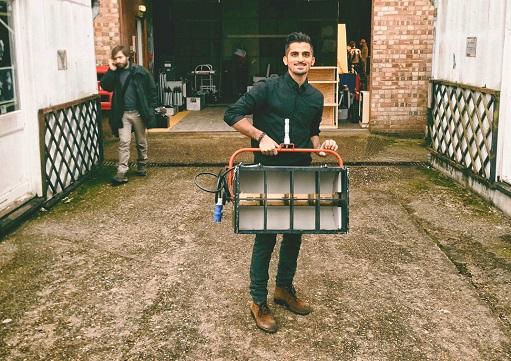A new survey from the Charities Aid Foundation (CAF) has revealed that those aged 16-24 are more likely to do something for charity than to watch Love Island or other major television programmes.
The CAF found that 43% in that age group, also known as Generation Z, did something charitable recently, whereas 30% watched Love Island, 28% watched Eurovision and 27% watched Game of Thrones.
These findings go against the stereotyping of young adults, who are often labelled selfish or lazy by the media. The survey, conducted by YouGov, polled over 1,000 people aged 16-24.
“The research shows how committed young people are to the causes they care about,” said Ben Russell, Director of Communications at CAF. “This commitment and enthusiasm for good causes is great news for charities and society as a whole.”
So how might your organisation get young adults involved?
- Young adults can make great mentors for children and teenagers. If you work in the CYP sector and there’s scope for peer mentoring or skill sharing from 16-24-year-olds, this could be a worthwhile project.
- If you’re struggling to get Generation Z involved in your fundraising events or activities, make sure you’re advertising in the right places. List your events on the Voscur calendar, add volunteer vacancies to the Voscur jobs board, and get in touch with colleges or universities, and websites like Rife magazine, which is aimed at local people under 24.
- Look at intergenerational volunteering, such as bringing Generation Z volunteers to work with older people in dementia cafes, care homes, activity sessions or lunch clubs. Bringing together different generations helps to break down stereotypes and integrate communities.
- Be flexible about time commitments from volunteers studying at sixth form or university. Exams, coursework deadlines, timetable changes and academic stress can all mean their volunteering patterns might be irregular. Keep communicating with your volunteers and ask that they give you as much notice as possible, but expect some disruption.
If you work with younger volunteers, share your photos and stories with Voscur on Twitter or Facebook and spread the word about the difference they make.
